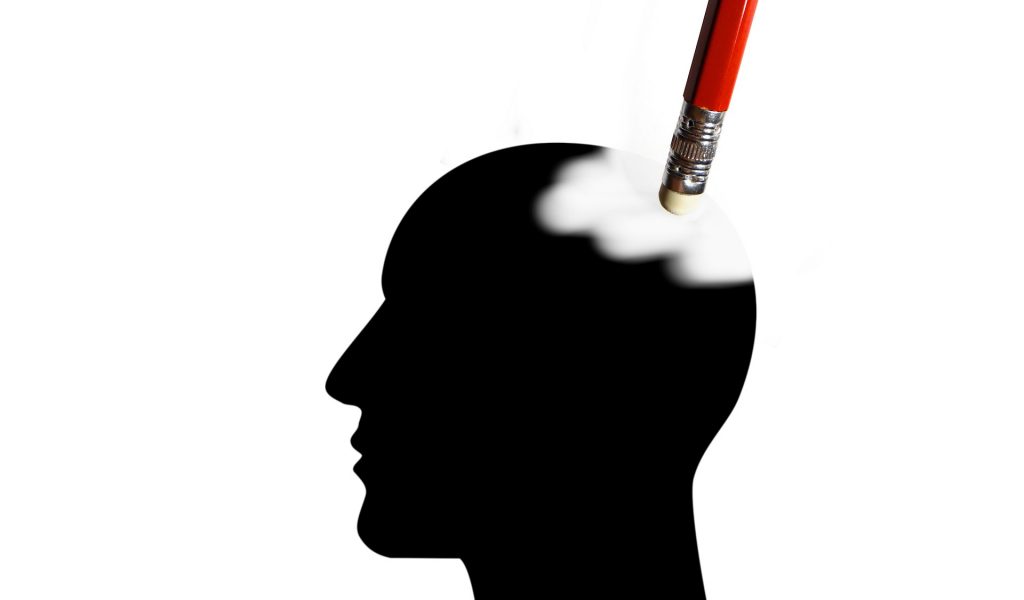Memory loss: an unexpected consequence of Covid-19

Rahul Anand discusses one of the lesser understood symptoms of Covid-19 and recent findings which might shed light onto why this happens
Unless you have been living under a rock, I presume everyone reading this will have heard of Covid-19. From a few cases in a relatively unknown city in China, it quickly turned into a global pandemic in 2020 plunging the world into lockdown and causing millions of deaths worldwide.
Due to this pandemic, the primary focus of the scientific community over the past 2 years has been to study the virus and its effects on humans. Despite this fact, there are still large gaps in our knowledge behind certain symptoms caused by Covid-19. The symptoms that we are most unclear about are long-term symptoms of covid, termed “long covid”.
The symptoms of covid range from mild fever like symptoms to severe respiratory disease. The news was full of the shocking images of people on ventilators. A symptom that is gaining more attention recently is memory loss. I am sure you have either heard from someone who has or you yourself has experienced some kind of “brain fog” after a bout with covid.
A recent study published in the Spanish Journal Neurologia surveyed 401 individuals who had been diagnosed with Covid-19. Out of these individuals approximately 1 in 5 reported to have memory loss. Due to the increasing number of reports of post-covid memory loss the scientific community agrees that it should be considered as potential symptom of covid. Then comes the question of why does memory loss occur after Covid?
Surveyed 401 individuals who had been diagnosed with Covid-19 … approximately 1 in 5 reported to have memory loss
Well, a paper published this month in the journal Nature aims to answer that. The result of this study finds strong evidence that the over production of cytokines in the brain leads to a much stronger inflammatory response by the immune system to covid. Cytokines are signalling molecules of the immune system and their job is to amplify the immune response and direct the body’s immune cells to the site of infection. When this goes wrong there are too many immune cells called to an area of the body. If this occurs it can cause damage to the body’s own cells. The study finds that if this occurs in the brain, it leads to increased neuronal death and decreased rate of neuronal regeneration. Basically, this means more cells in the brain die, and the rate new brain cells are generated decreases which leads to memory loss.


